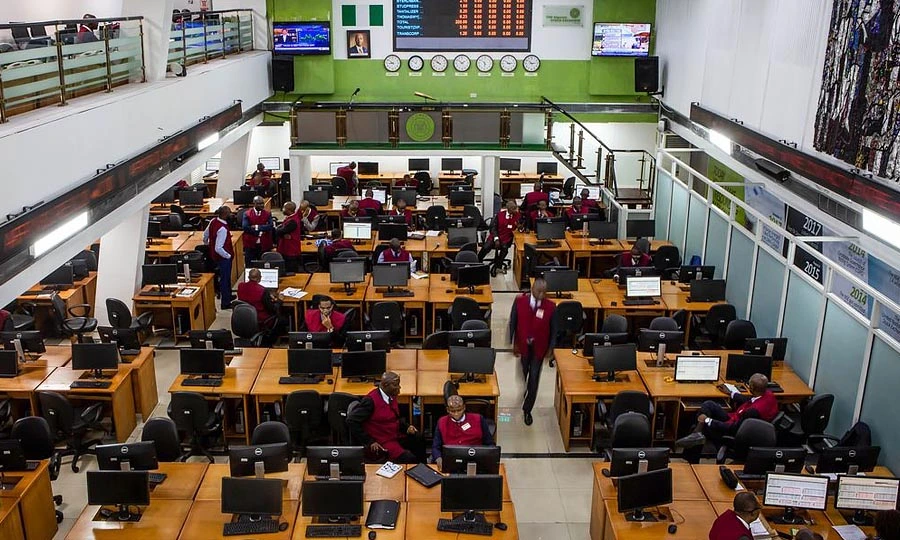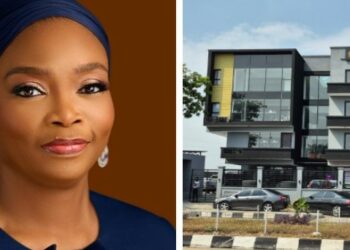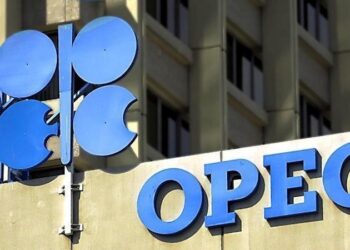The capital market analysts have predicted mixed market performance for equities trading in 2023, being an election year as investors, most especially foreign investors, await the incoming President’s economic reforms after the elections.
Looking at 2022, the performance of the Nigerian equities market was broadly positive at the start of the year owing to a combination of positive 2021 full year corporate earnings and dividend declarations.
In addition, the accommodative interest rate environment provided room for buying interest amid low yields on fixed-income instruments. Furthermore, some notable events in the year supported the market rally in 2022. Starting the year, BUA Foods listed a total of 18.00 billion shares on NGX. Dangote Cement Plc successfully executed the second tranche of its Share buy-back program, among others.
The All-Share Index (ASI), went up by 19.98 per cent to close on December 30, 2022 at 51,251.06 points from 42,716.44 points at which it opened trading for the year. Similarly, market capitalisation for the period gained by N5.618 trillion to N27.198 trillion on December 28, 2022 from N22.297 trillion.
In 2023, analysts at Cordros Securities Limited said, “We expect investors positioning for 2022 full year results ahead of upbeat corporate earnings and re-investment of dividends to drive bullish sentiments in Q1, 2023.
“Nevertheless, in the latter part of the year, we believe that market sentiments will be shaped by a combination of the outcome of the 2023 elections, market-friendly policy or reforms, the direction of monetary policy, and impact on fixed income yields, sector-specific events and the weak macroeconomic environment.”
Cordros Securities added that “our baseline expectation is that the market will deliver a positive return of 3.5 per cent in 2023E.”
Chairman of the Association of Securities Dealing Houses of Nigeria (ASHON), Mr Sam Onukwe said, “The outlook for the global economy headed into 2023 has soured, as the ongoing war in Ukraine continues to strain trade, particularly in Europe, and as markets await a fuller reopening of the Chinese economy following months of disruptive COVID-19 lockdowns.
“The world is still reeling from shocks in geopolitics, energy and economics. Soaring food and energy costs have fueled the highest rates of inflation since the 1980s in many countries and the biggest macroeconomic challenge in the modern era of central banking.”
On insights for the Nigerian Exchange in 2023, Onukwe explained that “the continued increase in interest rates will further affect the stock market as investors will turn to higher yields investible instruments, while the Oil and Gas industry will continue to thrive with the expected increase in international oil price.
He added that the banking sector in Nigeria will continue to flourish, saying that the growth of electronic transactions would further improve bottom lines.
According to him, the FMCG industry may struggle due to persistent inflation, and the reduction in purchasing power of consumers. Foreign Portfolio Managers and Investors will maintain a ‘wait and see’ until after the 2023 elections.
The managing director, of Highcap Securities Limited, Mr. David Adnori said, “With the expectation of relatively high yields in the fixed income market, especially in the first half of 2023, most investors are expected to patronise the bonds market more.
“Consequently, we may see less participation of investors in the stock market in the first half of 2023 due to the upcoming election, weak local currency, the expectation of relatively high yields in the bonds market, and insecurity in the country.
“Although, we may see a bullish run in the first month of 2023 as we expect investors to position for dividend payment.”
He added that the ability of the next president to tackle the insecurity in the country and boost foreign exchange earnings would determine the direction of the stock market in the second half of 2023.
On his part, the chief operating officer of InvestData Consulting Limited, Mr. Ambrose Omordion, projected financial market and economic reset, higher inflation, reforms, slow economic growth, post-election rally for weeks if the election is successful, and improved external reserve if crude oil production output is sustained in the new year.





